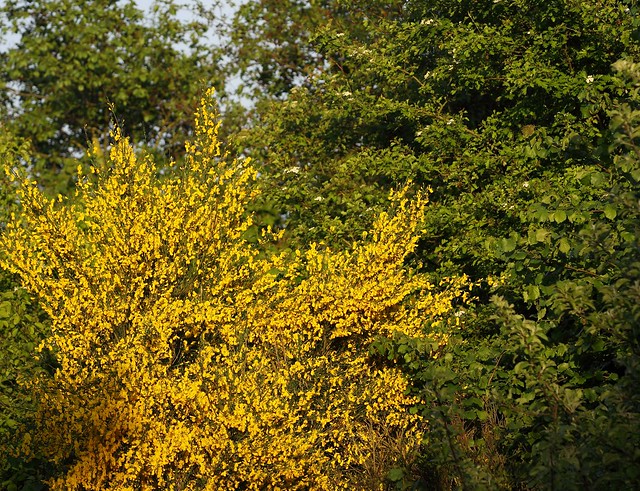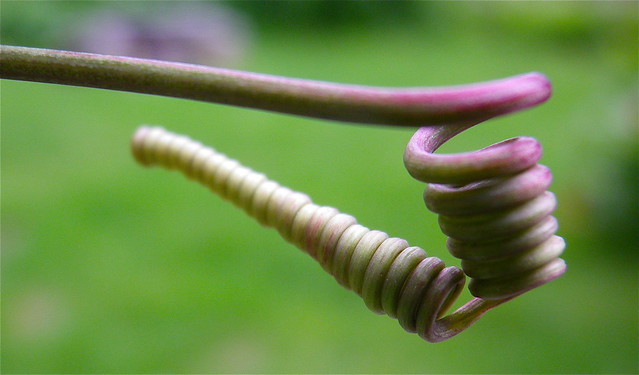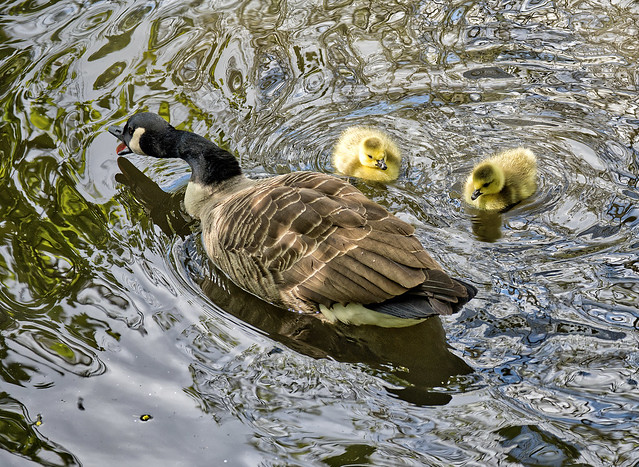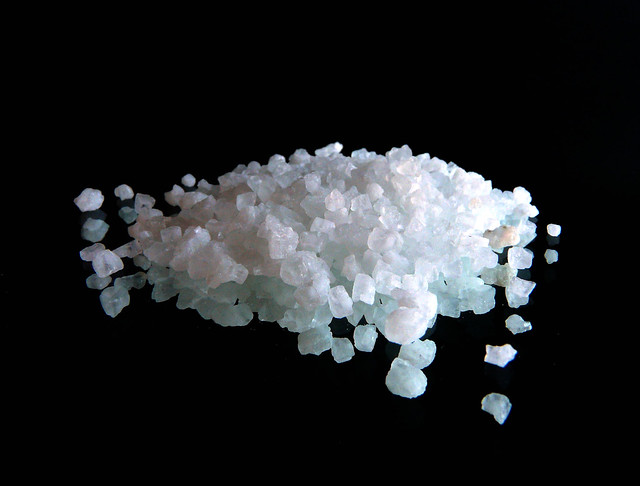Words for blood and related things in Celtic languages.
| Proto-Celtic | *wolis, *weli- = blood |
|---|---|
| Old Irish (Goídelc) | fuil [fulʲ] = blood, wound |
| Middle Irish (Gaoidhealg) | fuil [fulʲ] = blood, wound |
| Irish (Gaeilge) | fuil [fˠɪlʲ / fˠɨ̞lʲ] = blood fuilaistriú = blood transfusion fuilbheartach = sanguinary, bloody-minded fuilchill = blood cell fuilchíocrach = bloodthirsty fuilchoirpín = blood corpuscle fuildoirteadh = bloodshed fuiligh, cuir fola = to bleed cú fola = bloodhound |
| Scottish Gaelic (Gàidhlig) | fuil [ful] = blood, family, tribe, kindred fuileachdach = bloody, bloodthirsty fuil-mìos = menstruation, period brùthadh-fala = blood pressure cion-fala = anæmia iomlaid fala = blood transfusion marag-fhala = black pudding ruith-fala = haemorrhage, haemorrhoids, piles |
| Manx (Gaelg) | fuill [fuɪlʲ] = blood, breeding, kindred fuill-vreck = bloodstained coo folley = bloodhound lhiggey fuill, roie folley = to bleed mooinjer folley = blood relation ym-roie folley = hemophilia |
| Middle Welsh (Kymraec) | gweli, gwely, gueli = wound, cut, gash |
| Welsh (Cymraeg) | gweli [ˈɡwɛli] = (bleeding) wound, cut, gash, ulcer, sore gweli angheuol mortal wound gwelïaf, gwelïo = to wound, injure, hurt, exulcerate; to fester gwelïog = fulls of wounds, sores, ulcers, wounded, bruised |
| Middle Cornish (Cernewec) | goly = wound, mark, hurt guli = wound |
| Cornish (Kernewek) | goli = injury, wound goli bew/byw = ulcer golia = to wound goliesiges = casualty |
| Middle Breton | gouli, goulyow = wound, injury |
| Breton (Brezhoneg) | gouli = wound, injury |
Etymology: from the Proto-Indo-European *welh₃- (to wound, strike) [source]. Words from the same root include vulnerable, valkyrie and Valhalla [source].
| Proto-Celtic | *krū- = blood *krowos = blood *krowdi- = rude |
|---|---|
| Old Irish (Goídelc) | crú = gore, blood |
| Irish (Gaeilge) | cró [kɾˠoː / kɾˠɔː] = blood, gore |
| Scottish Gaelic (Gàidhlig) | crò [krɔː] = blood, gore, blood oath crò-dhearg = crimson |
| Proto-Brythonic | *krow = blood |
| Middle Welsh (Kymraec) | crev, creu = blood |
| Welsh (Cymraeg) | crau [kraɨ̯ /krai̯] = blood, gore, carnage, bloody creulon = bloody, cruel, fierce, brutal |
| Middle Cornish (Cernewec) | crow = gore, blood, death |
| Cornish (Kernewek) | krow = bloodshed, gore |
Etymology: from the Proto-Indo-European *kréwh₂s (blood) [source]. English words from the same root include crude and raw [source].
| Proto-Celtic | *wayos = blood |
|---|---|
| Middle Welsh (Kymraec) | guayt, guaed, gwaet = blood. gore, juice, sap |
| Welsh (Cymraeg) | gwaed [ˈɡwaːɨ̯d /ˈɡwai̯d] = blood. gore, juice, sap gwaedlyf haemorrhage gwaedlyd = bloody, sanguinary gwaedlyn = lymph gwaedogen = black pudding gwaedlyn = lymph gwaedu = to bleed |
| Old Cornish | guit = blood |
| Middle Cornish (Cernewec) | gois, goys, goos, gos = blood gosys = bloody |
| Cornish (Kernewek) | goos [ˈɡuːz] = blood, bloodline devera goos = to bleed, lose blood gwaskedh goos = blood pressure |
| Breton (Brezhoneg) | gwad [ˈɡwaːt] = blood, essence gwadañ = to bleed gwadegenn = black pudding, blood sausage gwadgi = bloodhound gwadorged = incest |
Etymology: uncertain [source].
Words marked with a * are reconstructions.
Sources: Wiktionary, Am Faclair Beag, Online Manx Dictionary, Teanglann.ie, eDIL – Electronic Dictionary of the Irish Language, In Dúil Bélrai English – Old Irish glossary, Geiriadur Prifysgol Cymru, Gerlyver Kernewek, Gerlyvyr Cernewec, Dictionaire Favereau, TermOfis, Le dictionnaire diachronique du breton, Geriafurch, English – ProtoCeltic WordList (PDF), Etymological Dictionary Of Proto Celtic













